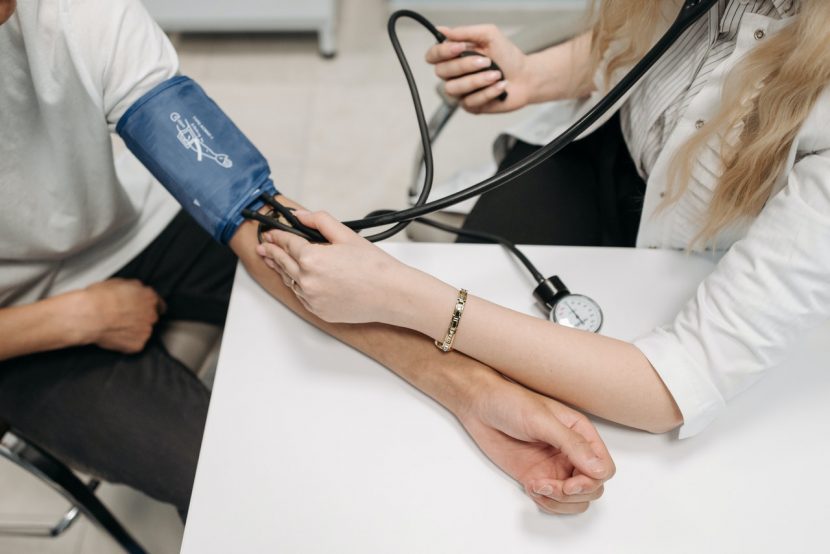Coffee is the go-to beverage for most people looking to get an energy boost. A few sips are enough for the caffeine to kick in and power you through the day. Singaporeans are no exception, with the country consuming over 15,000 tonnes of coffee beans each year.
Unfortunately, there are many rumors about how coffee can negatively impact your heart and blood pressure.
Is there any truth to this? Should you scale back your daily caffeine intake? Keep on reading as we will dive deeper into this matter.
A Temporary Increase In Blood Pressure

Studies have shown that coffee does increase your blood pressure – at least temporarily.
Based on the averages of 34 independent research, a 200 – 300 mg intake of caffeine will result in a 6 mm Hg increase in diastolic and 8 mm Hg increase in systolic blood pressure. That is equivalent to drinking around 2 cups of coffee, with effects lingering for up to 3 hours.
This rise in blood pressure was only seen in test subjects who do not drink coffee regularly. Those who do drink it frequently saw very limited changes to their blood pressures, likely due to the tolerance they have built up.
What Long-Term Effects Does Caffeine Cause?

The short answer: none.
All research so far has shown no evidence that caffeine will have a great impact on your heart health or blood pressure, even for those who are already diagnosed with high blood pressure.
On the contrary, coffee’s possible health benefits seem to outweigh its drawbacks. Indulging in 3 to 5 cups of joe per day may lower your risk of premature death and heart diseases by up to 15%. This is caused by the high number of antioxidant compounds present in the beverage which reduces inflammation and oxidative stress.
Further studies are required to comprehensively understand the long-term implications of drinking coffee daily, but as of right now it is completely safe to do so.
Should I Steer Clear Of Coffee If I Have High Blood Pressure?

Since moderate caffeine intake is unlikely to cause heart and blood pressure issues in the long term, including for those already suffering from hypertension, stopping drinking coffee is unnecessary. As long as you avoid drinking an excessive amount, coffee is pretty much harmless.
Instead, focus on methods that are proven to improve heart and blood pressure health. One such way is to maintain a healthy diet. Make sure your daily meals include a good amount of vegetables, healthy proteins, whole grains, and fruits while avoiding excessive sugar, fats, and carbs.
You could also reduce blood pressure by choosing a healthy lifestyle. This involves regular and sufficient sleep, avoiding nicotine and tobacco, as well as ample exercise.
Also, if you are not already routinely drinking coffee, avoid starting doing so until your blood pressure drops to a controllable level.
Final Word
Caffeine having a significant impact on blood pressure is a complete myth. Yes it can temporarily increase it, but long-term effects are unlikely. Focusing on living a healthy lifestyle and maintaining a balanced diet is a much better way to manage blood pressure levels.





